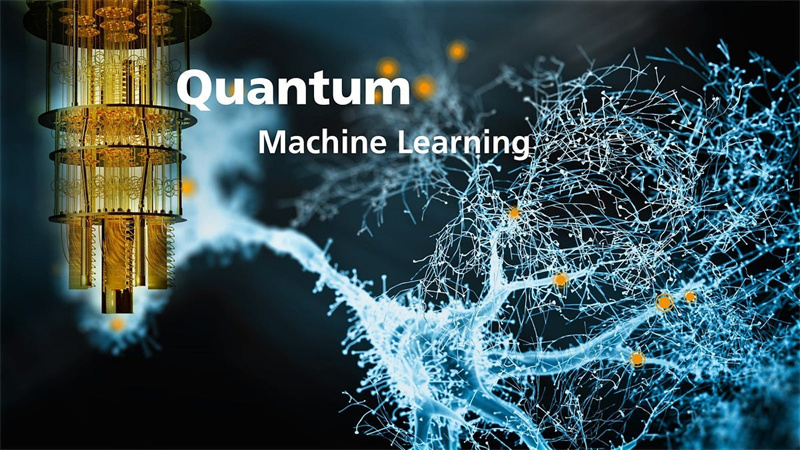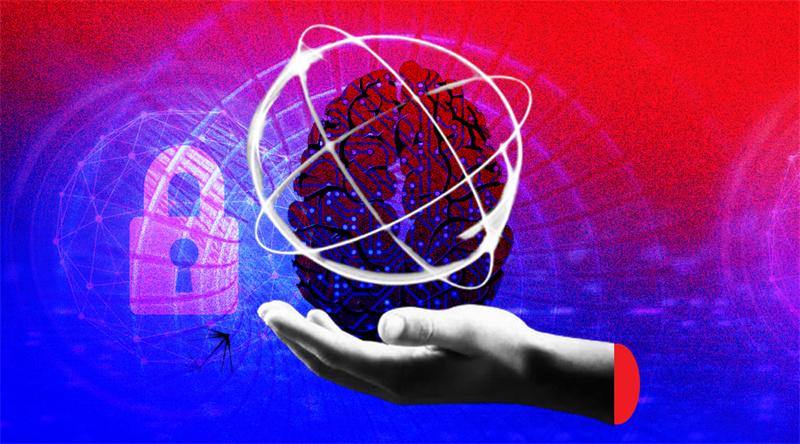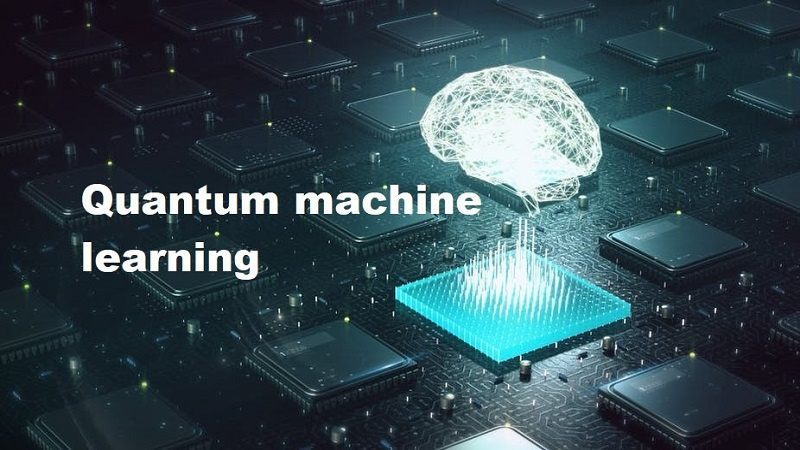Quantum machine learning is an emerging field that combines quantum computing and machine learning and has the potential to revolutionize data science. By leveraging the power of quantum computers, quantum machine learning algorithms could process vast amounts of data much more quickly than classical computers.
This could allow for advances in areas like artificial intelligence, optimization, simulation, and machine learning that are currently limited due to the size and complexity of real-world datasets. As quantum computers continue to develop, we may see quantum machine learning incorporated into the Data Scientist Course to help train the next generation of data scientists on these new techniques.
Only time will tell how quantum machine learning ultimately impacts data science, but it shows great promise for unraveling the future of this field.
Table of Contents:
- Introduction to Quantum Machine Learning
- Understanding Quantum Computing Basics
- Bridging Quantum Mechanics and Machine Learning
- Quantum Machine Learning Algorithms
- Current Applications and Use Cases
- Challenges and Limitations in Quantum Machine Learning
- Future Trends and Potential Impacts on Data Science
- Conclusion: The Road Ahead for Quantum Machine Learning
Introduction to Quantum Machine Learning

Quantum machine learning is an emerging field that combines quantum computing and machine learning. It aims to leverage the power of quantum computers to enhance machine learning algorithms and tackle problems that are intractable on classical computers.
By taking advantage of quantum mechanical phenomena like superposition and entanglement, quantum machine learning algorithms have the potential to be exponentially faster than classical algorithms for certain problems in machine learning.
Understanding Quantum Computing Basics
Quantum computers work by harnessing the strange properties of quantum mechanics like superposition and entanglement. Unlike classical bits that can be either 0 or 1, quantum bits or qubits can be both 0 and 1 simultaneously due to their superposition property. Multiple qubits can also be entangled with each other so that measuring the state of one qubit instantly affects the state of the other, even if they are separated by large distances.
Quantum algorithms make use of these quantum properties to solve complex problems much faster than classical computers. However, quantum computers are still in their nascent stage and prone to errors.
Bridging Quantum Mechanics and Machine Learning
Machine learning algorithms work by finding patterns in large datasets to make predictions and decisions. However, as the size and complexity of datasets grow exponentially, even the most powerful classical computers are reaching their limits. This is where quantum computing can help by leveraging quantum mechanical phenomena. For example, quantum machine learning algorithms can evaluate all possible outcomes of a decision simultaneously using superposition.
They can also generate and evaluate exponentially large feature spaces using entanglement. This allows quantum machine learning models to potentially train on more complex patterns in datasets than classical models. Researchers are actively working on developing algorithms that bridge quantum mechanics and machine learning to solve previously unsolvable problems.
Quantum Machine Learning Algorithms
Some of the key quantum machine learning algorithms that have been proposed and studied so far include quantum support vector machines, quantum artificial neural networks, quantum clustering algorithms, quantum principal component analysis and quantum Boltzmann machines. For example, quantum support vector machines can categorize data with fewer resources than classical SVMs. Quantum artificial neural networks, inspired by classical neural networks, can evaluate all possible weight configurations in superposition.
Researchers are also exploring how other classical machine learning algorithms like k-means clustering and PCA can be adapted to run on quantum computers. Overall, these algorithms aim to leverage quantum resources to achieve an exponential or quadratic speedup over classical algorithms.
Current Applications and Use Cases
While still in early stages of development, quantum machine learning is showing promise in various applications like drug discovery, portfolio optimization, fraud detection, cybersecurity and pattern recognition. For instance, it could help pharmaceutical companies virtually screen millions of chemical compounds in superposition to discover new drugs. In finance, quantum machine learning models may be able to optimize investment portfolios by evaluating exponentially large decision spaces.
They could also aid in detecting complex patterns in network traffic data to enhance cybersecurity systems. Researchers are actively working on proof-of-concept demonstrations and simulations of quantum machine learning for these real-world use cases. Some companies have also started exploring practical applications in materials science, logistics and healthcare. Overall, as quantum hardware improves, more real-world problems from various domains could potentially be solved using quantum machine learning.
Challenges and Limitations in Quantum Machine Learning

While promising theoretically, quantum machine learning is still in its nascent stage and faces several challenges. Current quantum computers have limited qubits, high error rates, and short coherence times. This makes running complex quantum machine learning algorithms on actual quantum hardware impractical. Developing algorithms that can produce useful results even on noisy intermediate-scale quantum devices is an active area of research.
Other challenges include lack of large curated quantum machine learning datasets, difficulties in classically simulating large quantum systems, and need for specialized quantum-classical hybrid architectures. Overcoming these limitations will require significant advances in quantum hardware as well as algorithms.
Future Trends and Potential Impacts on Data Science
As quantum computing capabilities continue to grow exponentially in the coming years through hardware improvements, quantum machine learning is expected to have major impacts on data science. It could enable solving previously unsolvable problems involving massive datasets. Quantum machine learning models may be able to discover deeper patterns and insights from complex real-world data. This could revolutionize various domains like healthcare, materials science, finance, transportation and cybersecurity.
It may also lead to new types of intelligent quantum systems and applications that we have not even imagined yet. Overall, quantum machine learning is poised to become a disruptive technology and help push the boundaries of data-driven discovery. While challenges remain, it offers an exciting glimpse into the future of artificial intelligence and data science when quantum and classical resources combine.
Conclusion: The Road Ahead for Quantum Machine Learning
In conclusion, quantum machine learning is an emerging interdisciplinary field that combines quantum computing and machine learning, offering a promising avenue for tackling complex problems with massive datasets. By integrating a Data Science Course into your educational journey, you can further enhance your skills in handling and analyzing data, complementing the innovative approaches of quantum machine learning.
While still in early research stages, quantum machine learning holds tremendous potential to surpass classical machine learning in certain domains, paving the way for transformative advancements in artificial intelligence within this decade. Overall, it presents an exciting future where the fusion of quantum computing and data science leads to unprecedented breakthroughs in AI capabilities.
